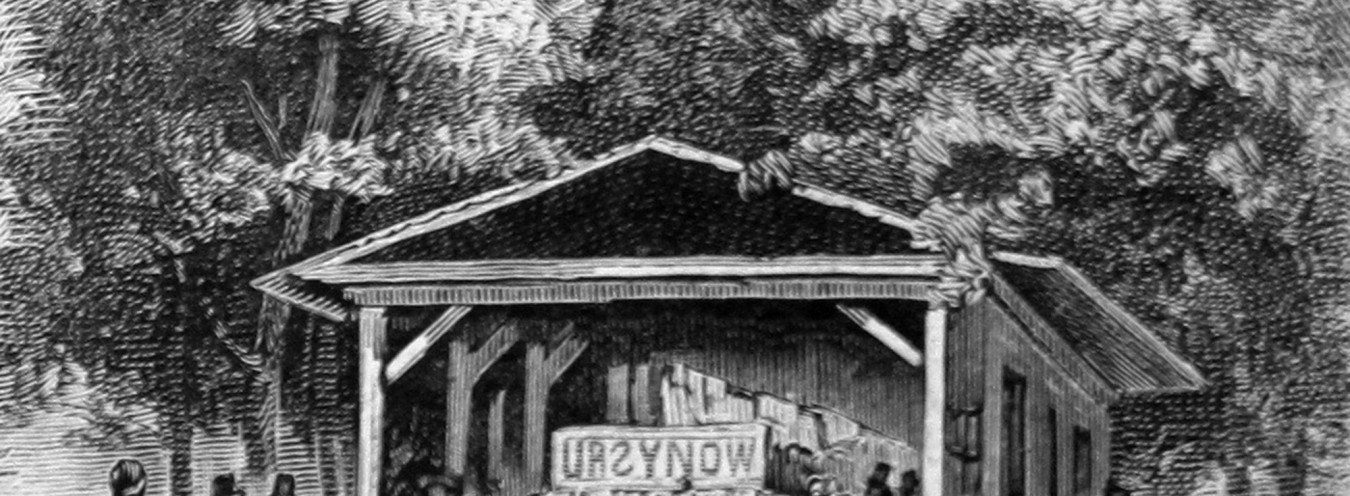
Organicism
Tomasz retired into the depths of his study and sat down, taking a volume of economics by Supinski for the occasion. (229)
This doctrine proposes that societies, states, cultures and even civilisations form and develop in the same way as living organisms. Combined with the positivist thought, it contributed to a number of key beliefs: for example, that people have a natural “social instinct” that brings them together into communities; that the evolutionary principles for societies are the same as for living organisms, encompassing the ever-increasing variety and specialisation of individual elements; that, within any society, human behaviours evolve from simplest to most complex as well as from destructive (war) to constructive (dialogue and cooperation); that the general course of development for a living organism is reproduced in the development of societies.
All the above-mentioned ideas are reflected in The Doll. The author also makes references to the concept of “organic work” – a direct application of organicism within Polish society (rather backward at that time). Generally speaking, the conception included taking up a variety of efforts aimed at a balanced development of all social strata and effective interaction between them in order to enable the rising prosperity of the society as a whole; this would also ensure civilisational progress all over the Polish territories annexed by the Russian, Prussian, and Austrian invaders. The best-known proponent of this organicist course of action was Józef Supiński (1804–1893), a pioneer of Polish positivism. He was the author of an influential two-volume treatise, in which he argued that material welfare is the most fundamental prerequisite for the freedom and dignity of nations and states (Szkoła polska gospodarstwa społecznego, 1862–1865). Tomasz Łęcki reaches for this very book that at the beginning of Wokulski’s visit, but the narrator indicates that Łęcki is not reading it, just makes a point of holding it to ingratiate himself with this new “family friend” and benefactor.
The Doll also contains more detailed references to organicism, especially where the characters build comparisons between the then current status of the Polish society and the higher level of social development in the countries leading in civilisational advancement (France and the British Empire). Organicist ideas can be traced, for example, in the following description of Paris as seen through Wokulski’s eyes: the great city, like a plant or beast, had its own anatomy and physiology. And so the work of millions of people who proclaimed their free will so loudly produced the same results as bees building regular honeycombs, ants raising rounded mounds, or chemical compounds forming regular crystals.
In this context, the Warsaw district of Powiśle seems to constitute a sort of antithesis, a direct opposite to the organically harmonious Paris when visited by Wokulski: He walked along looking through dirty window-panes into dwellings, and absorbed the sight of cupboards without doors, chairs with only three legs, sofas with torn seats, clocks with one hand and cracked faces. […] ‘This is a microcosm of Poland,’ he thought, ‘where everything tends to make people wretched and to extinguish them. Some perish through poverty, others through extravagance.’ It thus turns out that, for Prus, the primary cause of the backwardness and desperate condition of Polish society lies in inappropriate, even dysfunctional relations between its component groups. From Wokulski’s functional point of view, another paragon of social organicism could be found in the British Empire.
Societies that were underdeveloped or had few prospects of success, like late nineteenth-century Polish society, were seen as diseased organisms. Hence, The Doll features recurrent attempts (mainly by Wokulski, but sometimes by Rzecki and Szuman as well) to identify the cause of the disease that afflicts the Polish society and, like a physician, to provide a diagnosis, which would increase the chances of administering an effective therapy.
The Doll also includes a variant that could be called “fake organicism” as it is based solely on empty declarations of social solidarity, completely devoid of real purpose or sense. The master of such “organicist” clichés is the Prince; it is clear from the very beginning that his underlying motivation in reiterating them is his own financial advancement, or, in the best of cases, the promotion of the interests of his own social class, that is aristocracy. The narrator ironically comments on the Prince’s “concern” with improving the situation of the Polish society: For he felt, thought, yearned and grieved for millions. He had never done anything useful. He thought that continual fretting about the whole country was far more valuable than wiping the nose of a grubby child.
Wokulski himself seems to constantly face two chief preoccupations, both at the same time. The first one is the conviction that, without a successfully implemented organic work programme, the Polish society is heading for an even greater political defeat as well as possible mental and physical degradation (here is how Wokulski puts it in conversation with Rzecki: society will sooner or later have to be reconstructed from top to bottom. Or perish.). The other concern results from being aware that such a programme cannot be carried out without coordinated efforts on the part of a wide group of the powerful and the influential. Wokulski’s inner conflict between love and duty (i.e., dedication to organic work and the greater good) is exacerbated by a dilemma stemming from the feeling of hopelessness in the face of people’s massive sufferings and injustices. This much is implied in his laconic remark: I’m not Christ, to sacrifice myself for mankind. It is precisely this quandary, together with being faced with adversities and misunderstood by others, that will ultimately prevent Wokulski from putting the organic work programme for the Polish society into effect.
→ England; → Philosophy;
Bibliografia
- Z. Szweykowski, Twórczość Bolesława Prusa, Warsaw 1972.
- Droga do niepodległości czy program defensywny? – praca organiczna: programy i motywy, ed. T. Kizwalter and J. Skowronek, Warsaw 1988.



